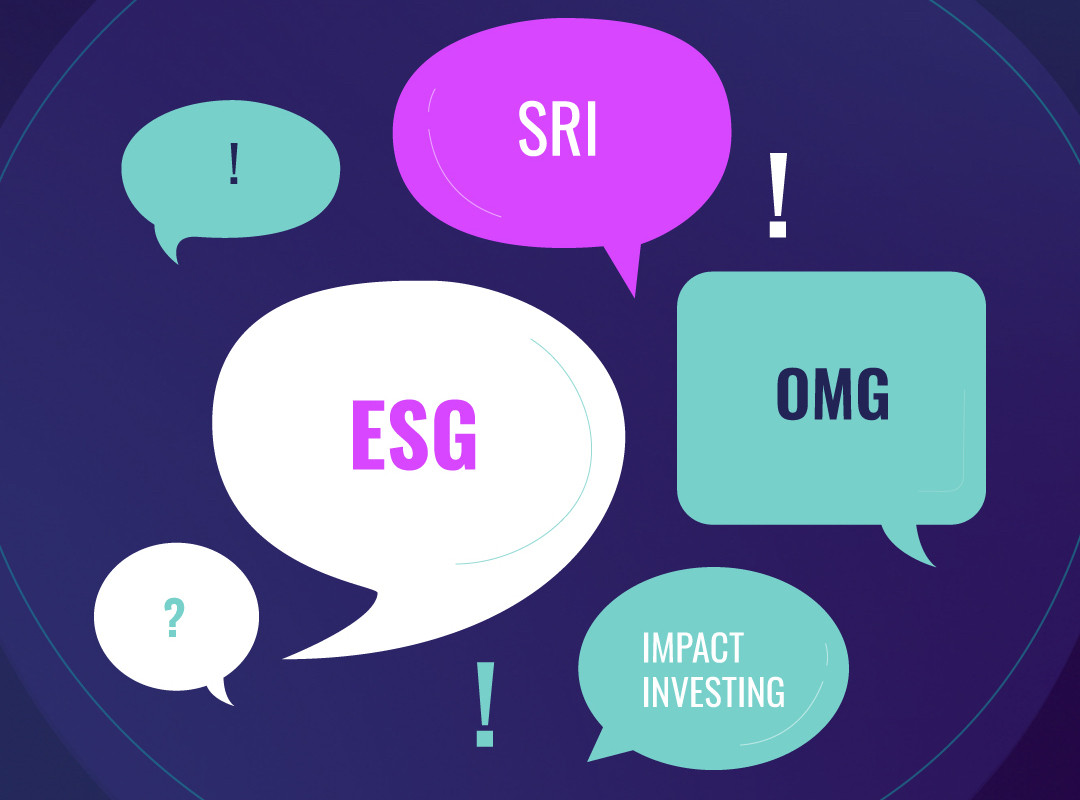Understanding ESG Investing: More Than Just a Trend
Environmental, Social, and Governance (ESG) investing isn’t just a fleeting fad; it’s a rapidly evolving approach to investing that considers a company’s impact on the world alongside its financial performance. It’s about recognizing that a company’s long-term success isn’t solely determined by its profit margins, but also by its commitment to environmental sustainability, its treatment of employees and stakeholders, and its adherence to strong governance principles. Investors are increasingly realizing that these factors are intrinsically linked to financial resilience and long-term value creation.
The Environmental Pillar: Protecting Our Planet
The ‘E’ in ESG stands for Environmental. This aspect focuses on a company’s impact on the environment, considering factors like its carbon footprint, water usage, waste management, and commitment to renewable energy. Companies with strong environmental practices are often better positioned to navigate the transition to a low-carbon economy and avoid potential regulatory penalties. Investors are increasingly demanding transparency and accountability from companies regarding their environmental performance, leading to a surge in the demand for sustainable and environmentally conscious investments.

The Social Pillar: People Matter
The ‘S’ represents Social factors, which encompass a company’s relationships with its employees, customers, suppliers, and the wider community. This includes aspects like labor standards, diversity and inclusion, human rights, data privacy, and product safety. Companies that treat their employees fairly, foster diverse and inclusive work environments, and prioritize ethical sourcing are generally seen as more resilient and better positioned for long-term success. Investors are increasingly recognizing the importance of social responsibility in creating a more equitable and just society.
The Governance Pillar: Transparency and Accountability
Governance (‘G’) focuses on a company’s leadership, executive pay, audit and risk management practices, and shareholder rights. Strong corporate governance ensures transparency, accountability, and ethical decision-making. Companies with robust governance structures tend to be less prone to scandals and legal issues, which can negatively impact their financial performance. Investors prioritize companies with strong governance structures as they demonstrate a commitment to responsible management and long-term value creation.
How ESG Investing Benefits Investors
Integrating ESG factors into investment decisions can lead to various benefits for investors. Studies have shown that companies with strong ESG profiles often outperform their counterparts over the long term. This is because companies with a commitment to sustainability, social responsibility, and good governance tend to be more resilient, innovative, and better able to manage risks. Moreover, ESG investing aligns investments with personal values, offering a sense of purpose beyond financial returns.
Identifying ESG-Focused Investments
Finding ESG-focused investments is becoming increasingly easier. Many investment firms now offer dedicated ESG funds and portfolios. However, it’s essential to do your research and understand the specific ESG criteria used by different investment managers. Some funds may focus on specific ESG themes, such as renewable energy or sustainable agriculture, while others may adopt a broader, integrated approach. Look for funds with transparent methodologies and clear reporting on their ESG performance.
Navigating the Complexity of ESG Ratings and Data
The ESG landscape is evolving rapidly, and the data used to assess a company’s ESG performance can vary significantly across different providers. This can make it challenging to compare companies and make informed investment decisions. It’s important to understand the methodologies used by different rating agencies and to consider multiple data sources when evaluating a company’s ESG performance. Remember that ESG ratings are just one piece of the puzzle and should be considered alongside traditional financial analysis.
The Future of ESG Investing: Continued Growth and Evolution
ESG investing is poised for continued growth in the coming years. As awareness of climate change and other environmental and social issues grows, more investors will demand greater transparency and accountability from companies. Regulatory changes are also likely to play a significant role in shaping the future of ESG investing. Investors can expect to see increased standardization of ESG data and reporting, as well as more stringent regulations related to environmental and social issues.
Beyond Financial Returns: The Impact of Ethical Investing
ESG investing is not just about achieving financial returns; it’s about aligning investments with personal values and contributing to a more sustainable and equitable future. By investing in companies that prioritize environmental sustainability, social responsibility, and strong governance, investors can have a positive impact on the world while also generating financial returns. It represents a shift towards a more holistic and responsible approach to investing, where financial performance is considered alongside broader societal and environmental impacts. Read also about ESG investing meaning.



